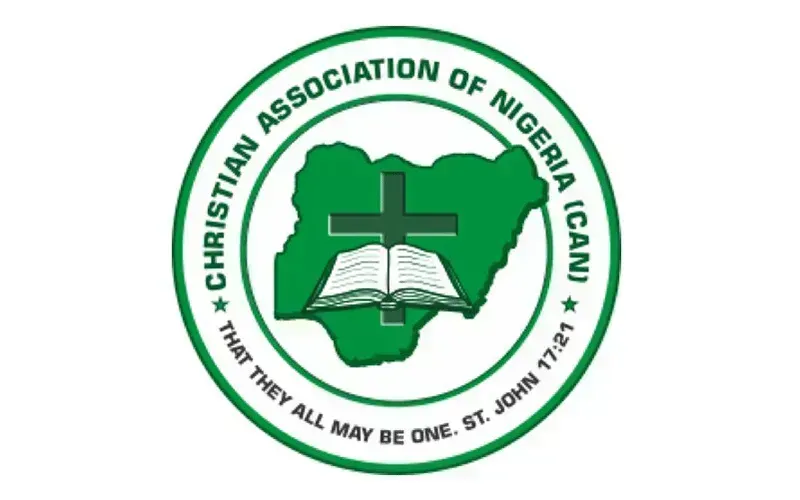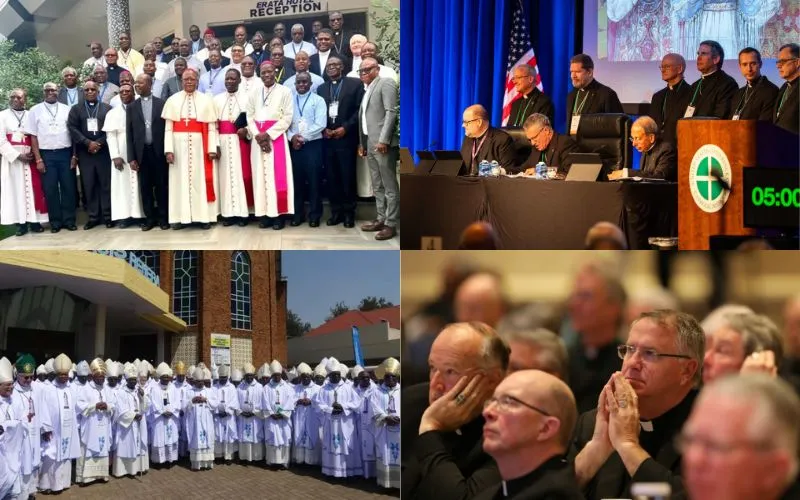Abuja, 02 July, 2023 / 11:40 am (ACI Africa).
Members of the Catholic Bishops Conference of Nigeria (CBCN) have decried the ongoing unprovoked attacks against Christians in the West African country and challenged other Christian leaders in the country to push for laws that protect those they shepherd.
The Catholic Bishops criticized the Christian Association of Nigeria (CAN) for promoting a Bill that seeks to regulate Christianity in Nigeria, noting that the Bill, if made a law, will exacerbate the suffering of Christians in Africa’s most populous country.
In their statement dated Tuesday, June 27, CBCN members challenge CAN members who are in support of the Bill that seeks to establish a National Council for Christian Education to revisit their mandate, which is primarily “to watch the person of the welfare, in its totality, of the Church and the Christian Faith in Nigeria”, based on information available on CAN’s website.
The association further acknowledges “the struggle for the survival of the Church and Christianity in Nigeria” and declares its mandate to protect its members against persecution.
In the June 27 statement, Catholic Bishops in Nigeria caution CAN against the temptation to become a state “parastatal” by seeking to establish a board similar to that of Muslims so as to attract government funding.








